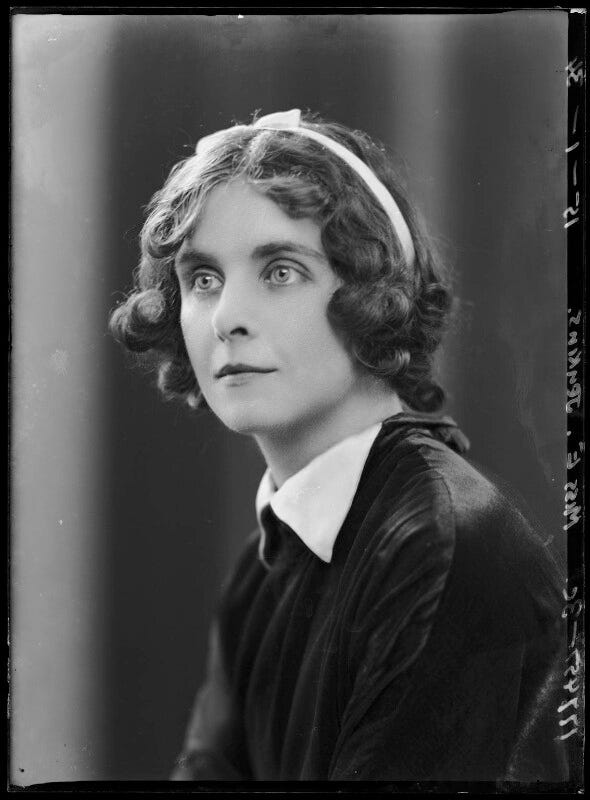A Silent Joy, by Elizabeth Jenkins
What a world we live in when a book like this is out of print, (although available for small change online). Elizabeth Jenkins was nearly ninety when she wrote A Silent Joy, which invokes the 1950s with a combination of nostalgia and clear-eyed moral distaste. She doesn’t exactly take on popular themes. Some sorts of divorce are criticised for being selfish. The hero is a genial old patriarch. The villains are a selfish wife and her grasping, social-climbing lover. There is class tension (sometimes almost hostility) between many of the characters.
But the core is the deep, painful, love a daughter has for her father and the tragic way she is separated from him. Her solo journey in the taxi is especially good, showing Jenkins’ ability to control narrative surprises. As with many of her books, there is an almost criminal tension behind some of the action. We must never be surprised in Jenkins’ novels when someone turns out to be a bad ’un. There’s a touch of bleakness too. Nothing is very settled. As Fleur in Her World points out, ‘all of the romantic relationships were beginning or ending or in the past.’
Jenkins was an unmarried feminist, but she was also religious, and disliked what she called neurotics who make other people’s lives miserable. What a relevant and under explored dynamic that is in modern discourse. I was completely charmed by this short, heartbreaking novel. She brings the 1950s and the village and the minor characters to life with real economy. It is, in fact, better than many of the novels she wrote fifty years earlier. It would pair well with A Happy Marriage or Annie John. Also What Maisie Knew, if you can tolerate Henry James.
A Silent Joy (US link) (Bookfinder)
Thanks for reading. If you’re enjoying The Common Reader, let your interesting friends know what you think. Or leave a comment at the bottom.
If you don’t subscribe to The Common Reader, but you enjoy reading whatever’s interesting, whenever it was written, sign up now.



I've nearly finished The Tortoise and the Hare, as recommended by you. It took me a while to slow my mind to her pace, and the density of her prose, but now I'm hooked. Will add this one to the list, thank you!
Have you read any Anita Brookner? Her many slim novels are the very dense internal worlds of urban English women, set in the 60s and 70s.